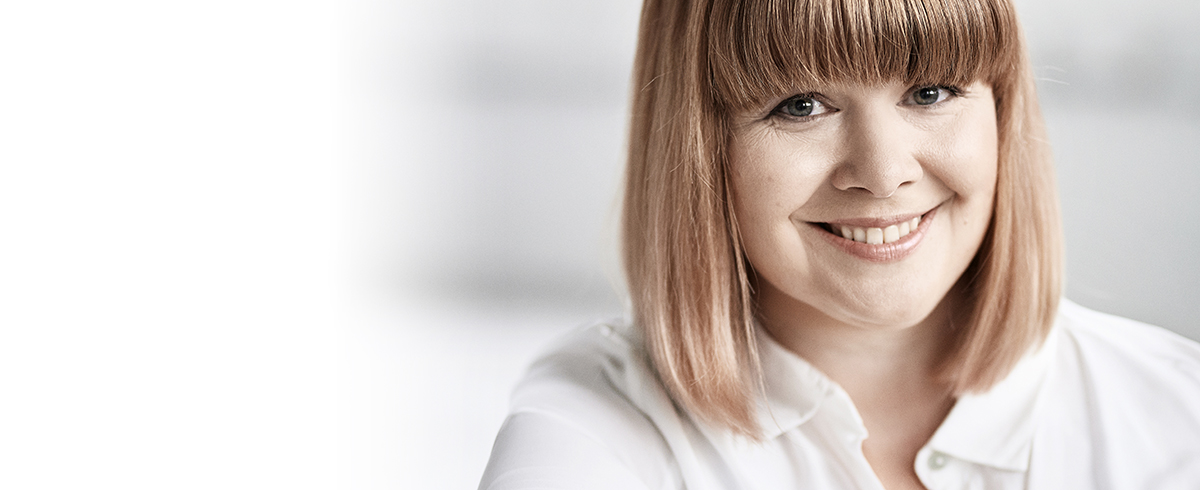
#nofilter: Cake and bubbly
I think it would be healthy to talk about alcohol use in the same way we talk about eating cream cake: openly and without grinding our teeth.
This post is part of Alko’s #nofilter campaign, which aims to get people thinking about responsible alcohol consumption without the gloss usually applied by social media.
I’m going to approach the theme by examining celebrations.
Two slender glasses full of sparkling bubbly are raised in a toast. The splashing golden liquid is in sharp focus against a dark and softly blurred background. The image exudes carefree fun. This is how we picture parties in our social media feeds. However, I feel the other side of these bubbles through my own childhood experiences and my book, Water Damage – Tales of growing up from the bottom of the bottle. A parent’s excessive alcohol consumption puts their child in a very difficult position – one that involves a lot of secrecy, shame, and keeping up façades.
During the party season, a variety of feelings bubble to the surface in both children and adults who have experienced difficulties caused by excessive drinking. Instead of eagerly anticipating an event, they may be consumed with worry about how they’re going to cope this time. As intervening in someone’s drinking habits is usually considered awkward and embarrassing, I decided to approach the issue through the medium of cake. It is a lot less emotionally charged.
I think it would be healthy to talk about alcohol use in the same way we talk about eating cream cake: openly and without grinding our teeth. If a problem arises, it could simply be addressed. If families could freely discuss drinking – without one person getting angry, the other getting distressed, and the children getting scared – then it would not end up becoming a cycle of secrecy and bitterness that, at worst, is transferred from one generation to the next.
Cream cake is a tasty party treat. It is in no way a mandatory part of the programme, but it can lend the occasion a special atmosphere. A glass of wine or bubbly can do the same. But for some reason, we’re much better at regulating cake consumption than alcohol consumption. We never buy an entire cake – or to be on the safe side two whole cakes – for each guest. We’re also allowed to talk more freely about cake issues. No one thinks of puritans or nannying when you say that a couple of pieces of cake is enough for each party guest.
There’s always one person who doesn’t want any cake, and there’s no need to marvel at it. And there may often be those who are only too happy to have lots of cake. But, after all, we teach children that it’s not a good idea to gobble down a whole cake by yourself. And if one of the guests were to stuff their face with cake like there’s no tomorrow and be on the verge of having a technicolor yawn in the corner, people would marvel at it, but no doubt also jump and deal with the situation.
In the unfortunate event that one of the guests were to act aggressively in the throes of their sugar high, the situation would likewise be dealt with without ceremony, just like you’d deal with a defiant toddler who is acting up. Others should not be having a difficult time of things, and in a healthy environment this can be said out loud. Cowardice is thinking that addressing problematic situations is not worth the bother, and instead jumping in the car and racing home well before the predicted cake catastrophe. But children don’t have the chance to remove themselves from the equation like that.
If drinking alcohol can be discussed at home and with guests with the same calmness that eating cake can be discussed, then things are probably going very well indeed. But if alcohol use involves secrecy, shame, surveillance and preparation, then it’s worth examining these habits. The substance itself is not inherently evil, dangerous or problematic – it’s just a question of the dosage.
Can you talk about your parents’ drinking like you can talk about eating cake? Are you able to suggest – without anyone getting annoyed – that someone has maybe had too much, or that it would be nicer to serve only salty snacks occasionally?
Ani Kellomäki
This article has also been published in Finnish on the blog Kokovartalofiilis.
Article picture: Riikka Kantinkoski
 Chat
Chat